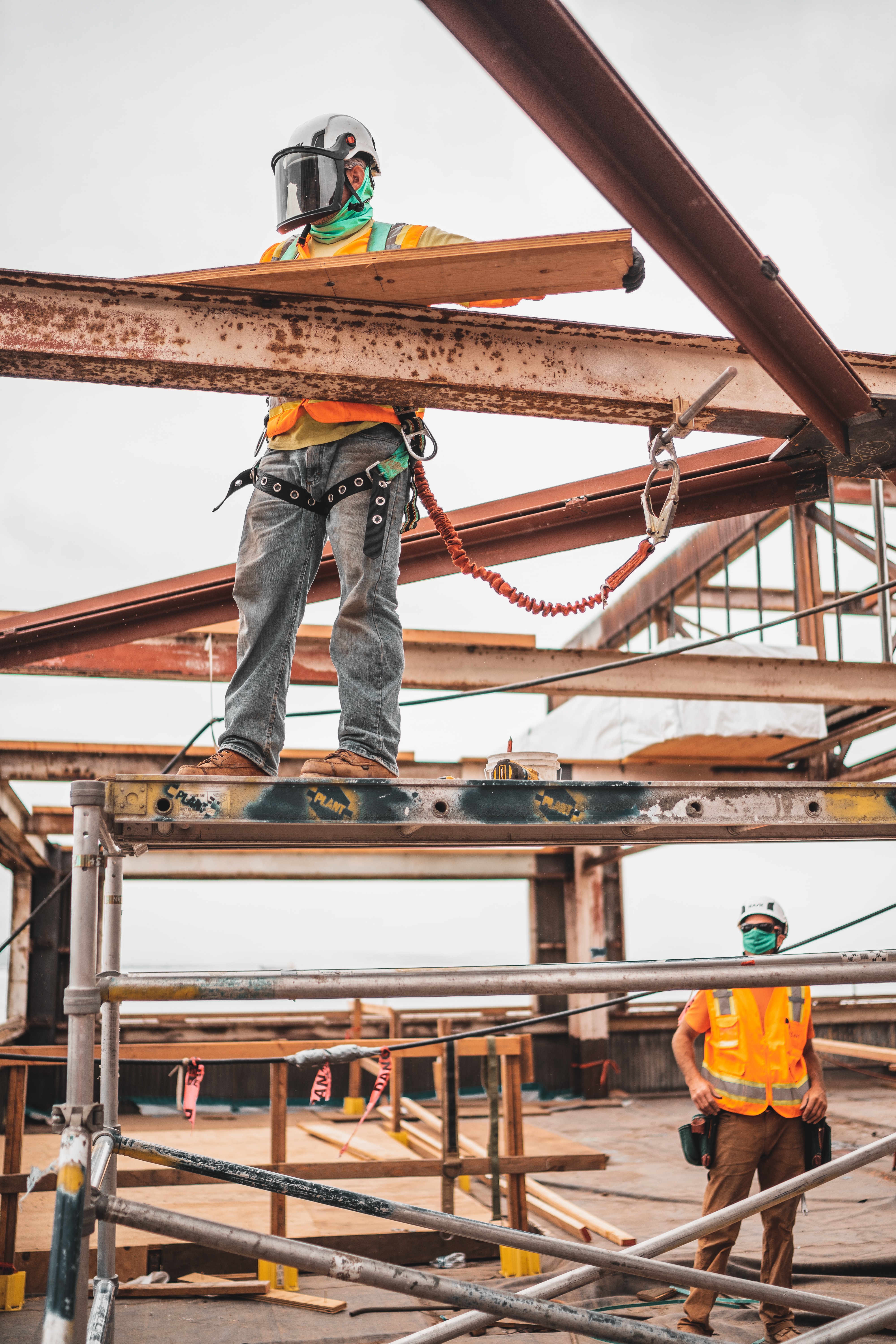The focus of this article is on construction negligence and the responsibility a builder or contractor has towards others as well as related issues. A contractor’s or builder’s responsibility for negligence depends on the proximity or closeness of the relationship between the builder or contractor to the person who suffered from the negligence, (the “damage”) and the type of damage that person suffered.
For example, Property Owner “A” signs a contract with a builder to build a home and the builder does a poor job. If, because of the builder’s poor workmanship, Property Owner A suffers damages, Property Owner A would be able to sue the builder for compensation for the damages suffered due to the builder’s negligent workmanship. In other words, the builder would be held legally responsible for the damages Property Owner A suffered. Property Owner A would be able to sue the builder for the money Property Owner A was required to spend to repair the house and any other expenses involved in bringing the home up to applicable construction standards. Additionally, if Property Owner A was injured because of negligent/unsafe construction, Property Owner A might be able to sue for compensation for those injuries.
If the builder did not build the home as specified in the contract, for example, if the builder failed to use the materials specified in the contract, or if the builder failed to include features that were called for in the contract, Property Owner A would also be entitled to sue the builder for breach of contract because the house was not built according to the specifications set out in the contract. When a builder or contractor is dealing with the person whom he entered into the contract with, the contractor or builder is responsible for meeting applicable construction standards and all requirements and specifications set out in the contract.
In another example, a builder enters a contract with Property Owner “B” to build a home. The builder constructs the home poorly and there are defects, but the defects are not visible and are hidden. Property Owner B does not know about them. Eventually, Property Owner B sells the home to someone else, “Mr. C”. Subsequently the hidden defects are discovered by Mr. C. If Property Owner B did not know about the defects, the second owner, Mr. C, likely cannot sue the original owner, Property Owner A. If Property Owner A did know about the hidden defects and failed to disclose these to Mr. B, prior to the sale of the home, Mr. B might be able to sue Property Owner A concerning the defects.
Can the second homeowner, Mr. C, sue the builder for the defects in the home? The answer to that question is – it depends on the nature of the negligence. If Mr. C or others are injured as a result of the defects caused by the builder’s negligence, the injured people could possibly sue the builder for the injuries suffered if it was reasonably foreseeable by the builder that someone might be injured due to the builder’s negligence. Also, Mr. C could possibly sue for the cost of the repairs to cure the defects and make the home safe. The same principles would apply if the defects did not cause injuries to anyone, but the defects caused damage to other property. For example, if bricks were laid improperly and subsequently fell and damaged a car, the builder could possibly be responsible if it was reasonably foreseeable that the builder’s negligence might result in other property being damaged. Canadian law has evolved to the point where a subsequent homeowner can sue the builder based on negligence, for the cost of repairs if it was reasonably foreseeable by the builder that its failure to take reasonable care in constructing the home would create defects that pose a significant danger to health and/or safety or potential damage to property.
In summary, builders and contractors are only responsible based on contract to the person with whom they entered into the contract with. However if the builder or contractor is negligent, they are responsible for their negligence, not only to the people they make contracts with, but potentially to others who are impacted by their negligence.
Please note these materials have been prepared for general information purposes only and do not constitute legal advice. Readers are advised to seek legal advice by contacting Frank Feldman* regarding any specific legal issues.
Call the Real Estate Law Experts at Frank Feldman Law Today!


Hey there! I just want to offer you a huge thumbs up for your excellent info you have here on this post. Ill be coming back to your blog for more soon.